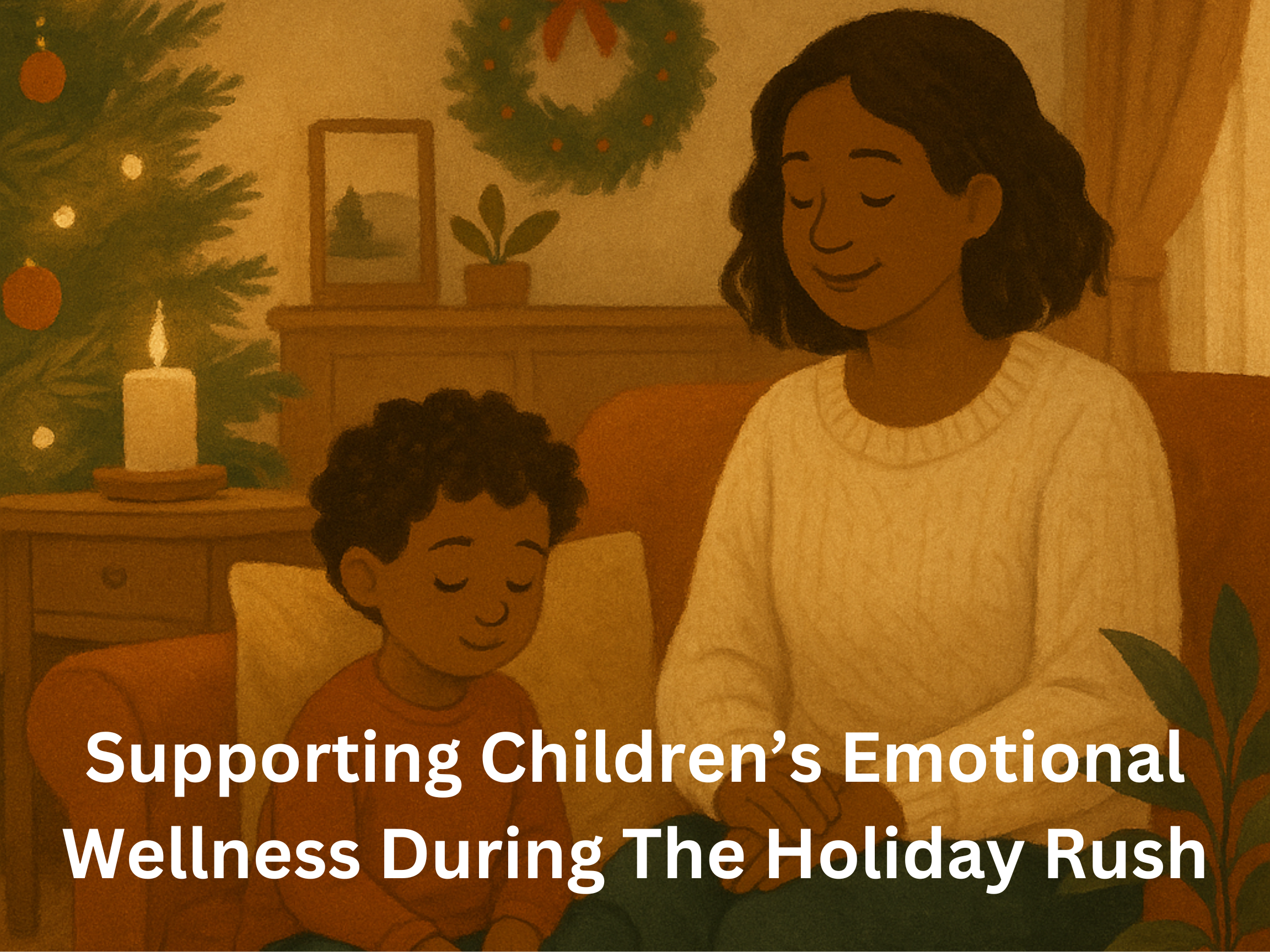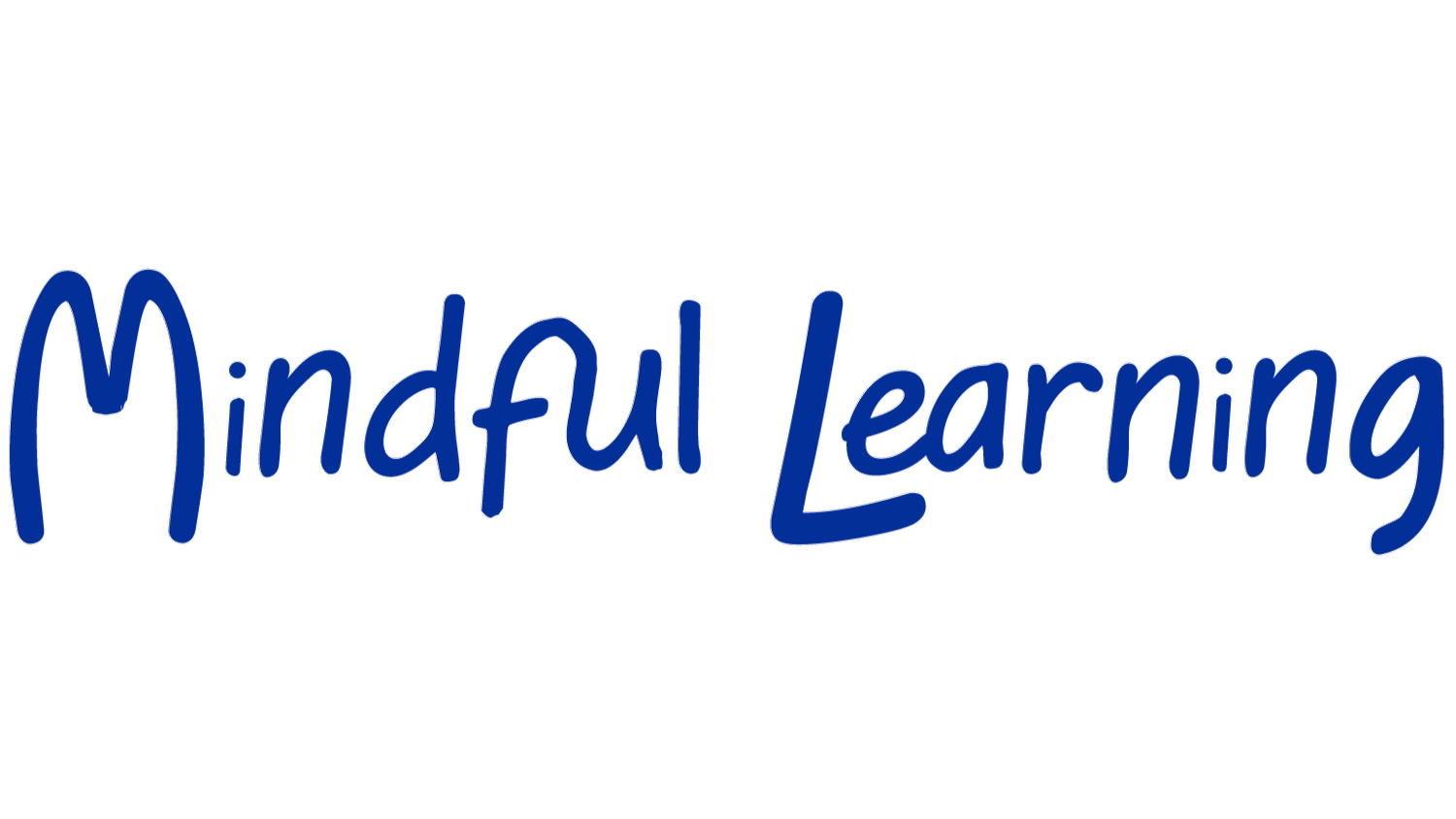
Closing Math Gaps Gently: Why Rushing Rarely Works

What the SAT Really Measures — and How to Prepare Without Overwhelm.
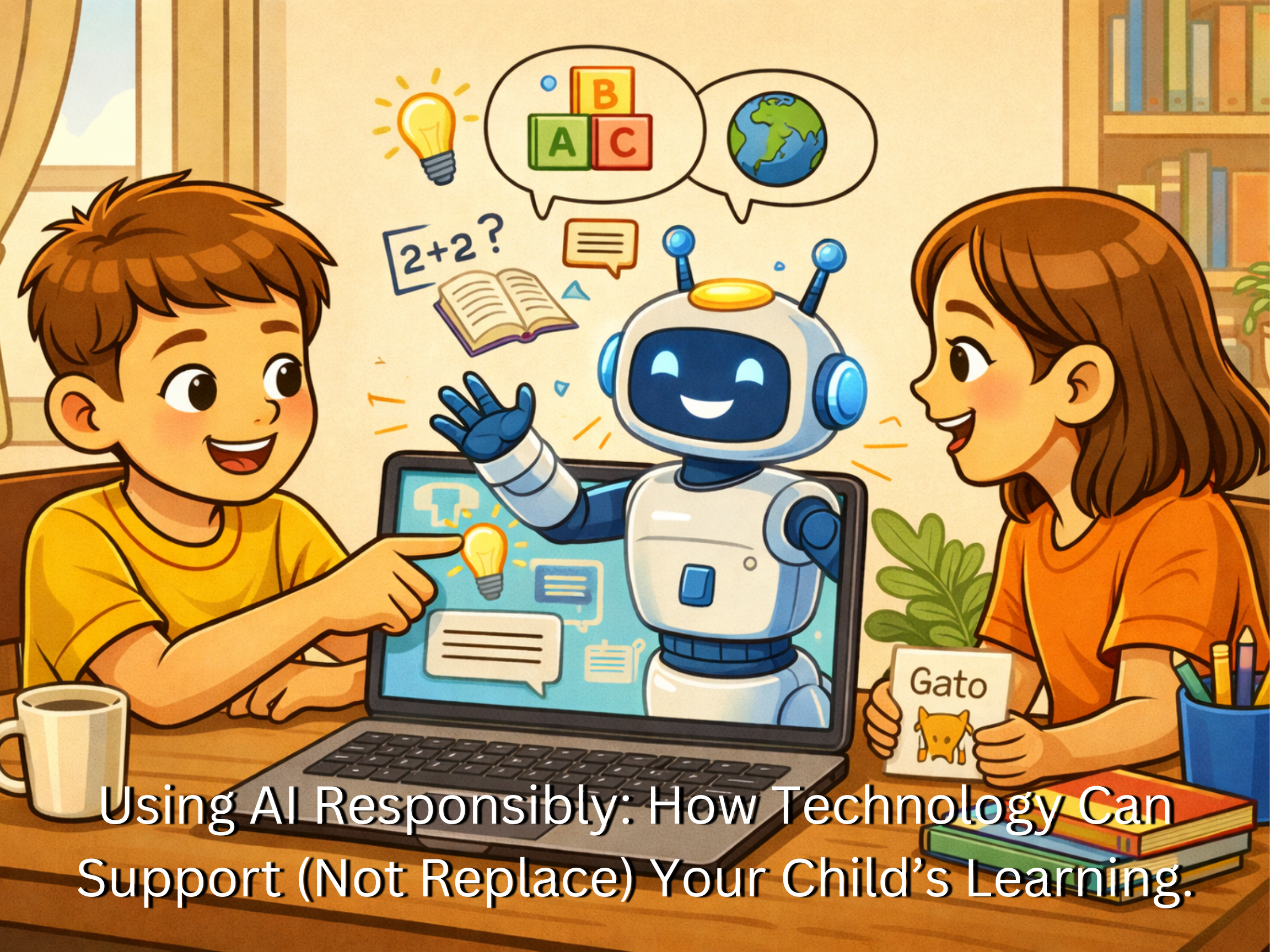
Using AI Responsibly: How Technology Can Support (Not Replace) Your Child’s Learning
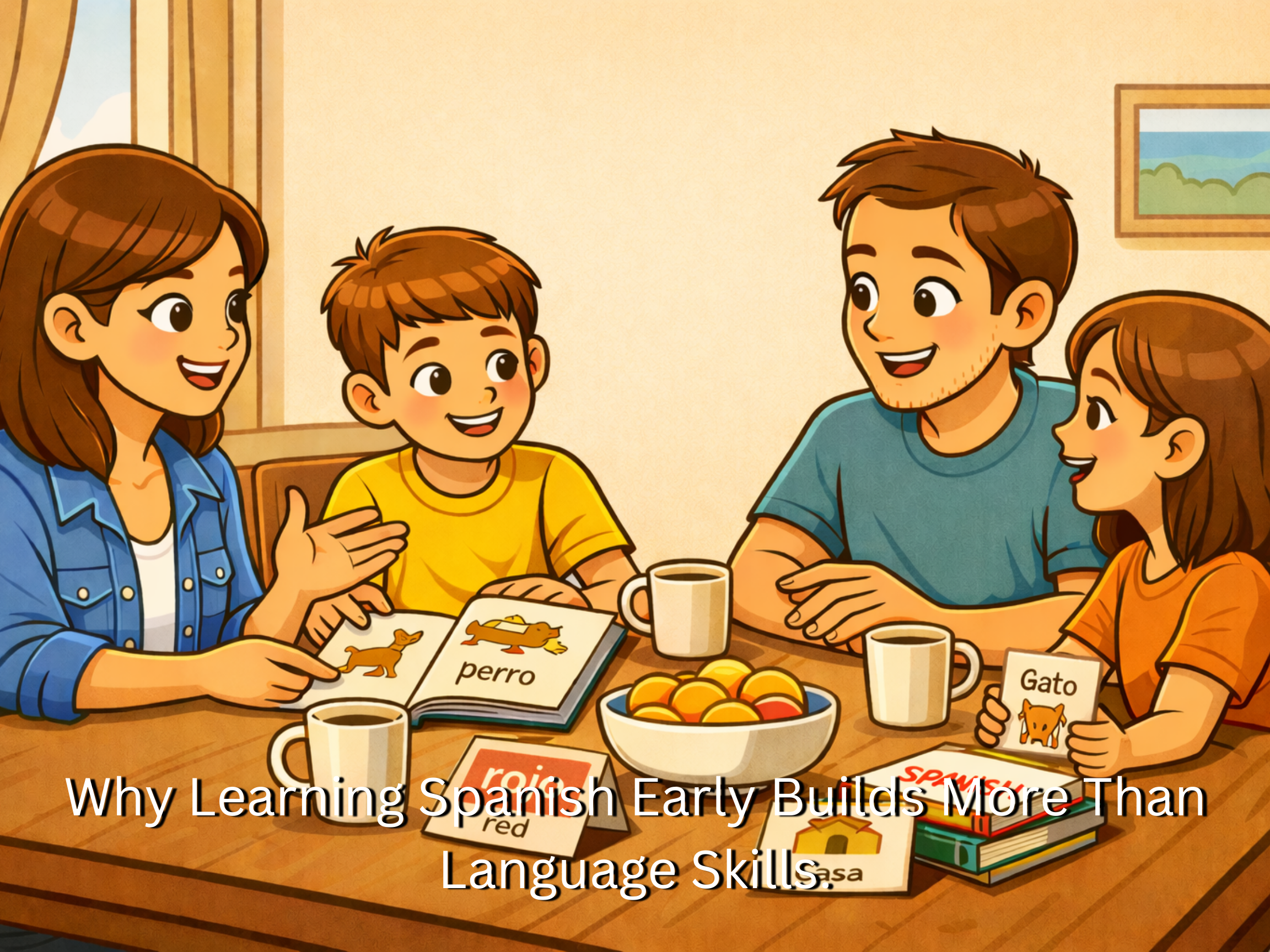
Why Learning Spanish Early Builds More Than Language Skills.
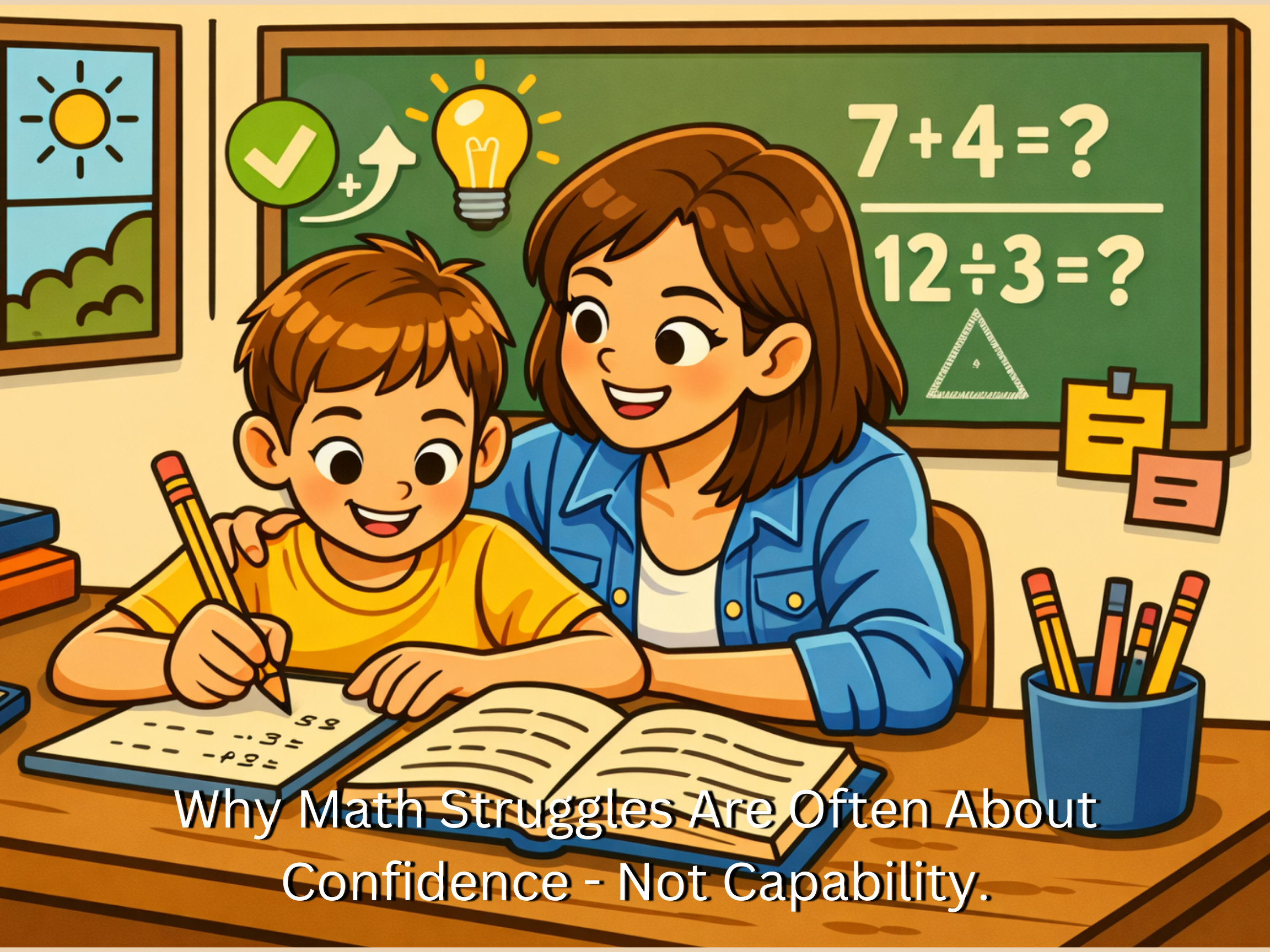
Why Math Struggles are Often About Confidence - Not Capability
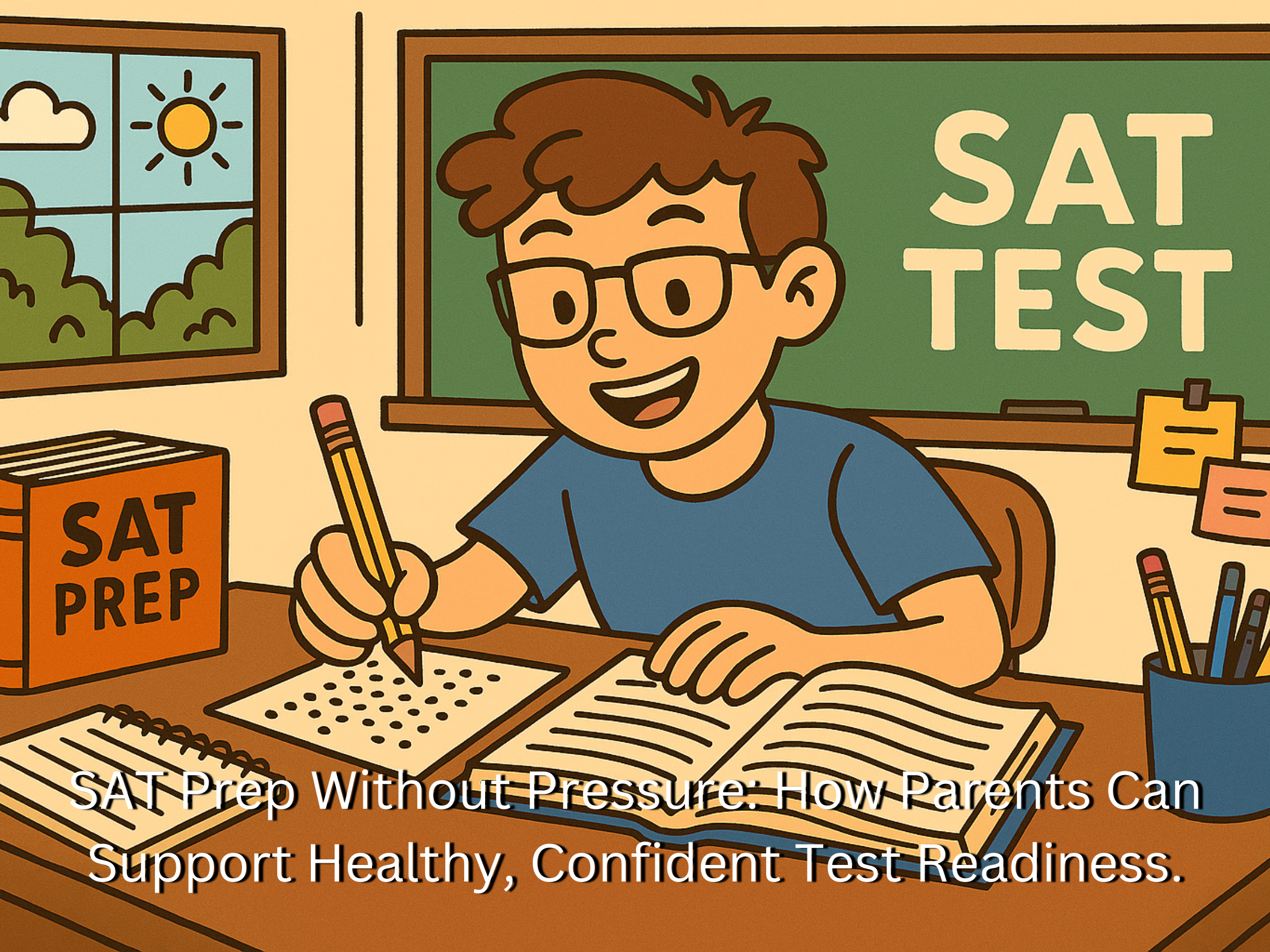
SAT Prep Without Pressure: How Parents Can Support Healthy, Confident Test Readiness.
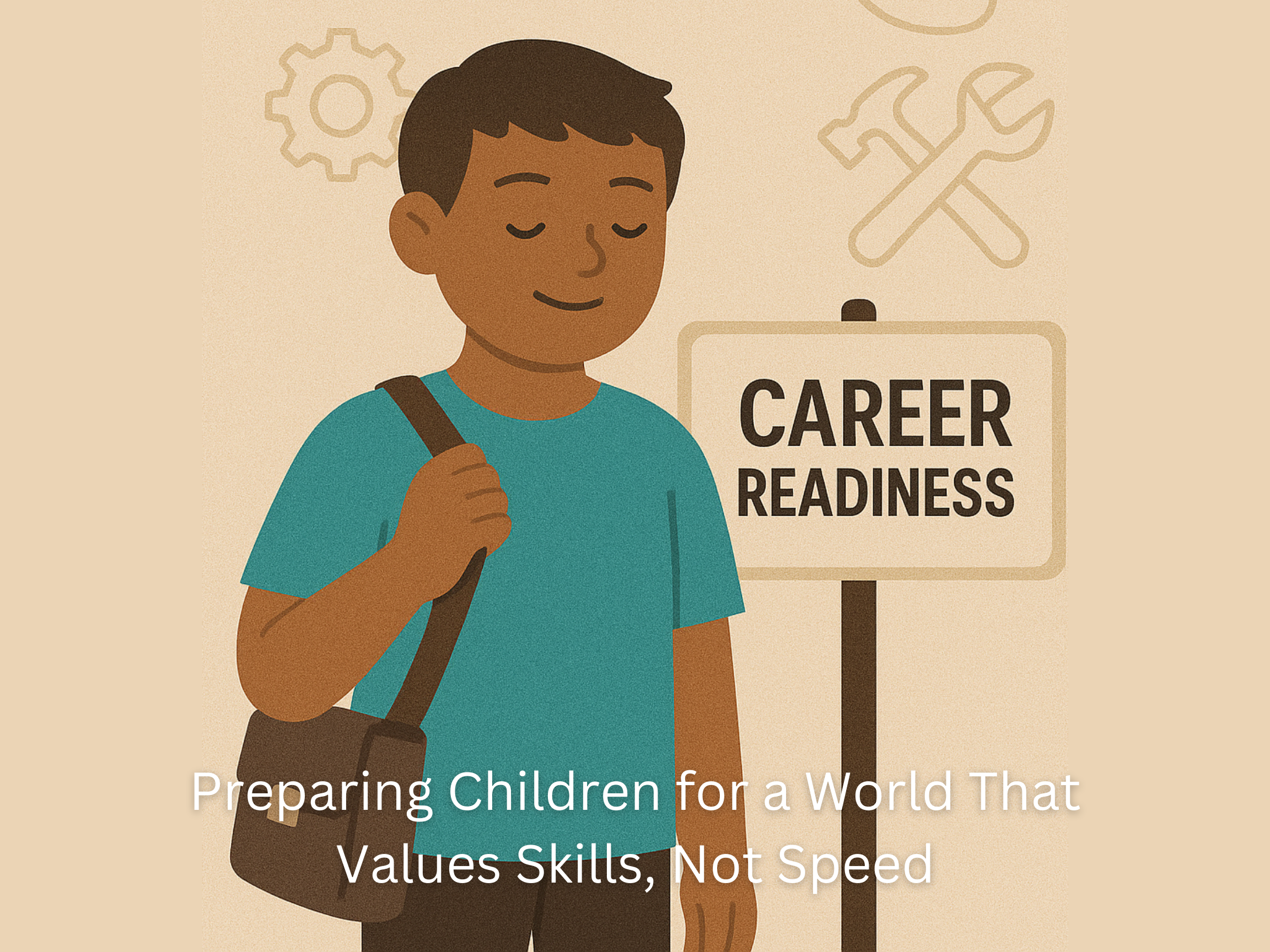
Preparing Children for a World That Values Skills, Not Speed
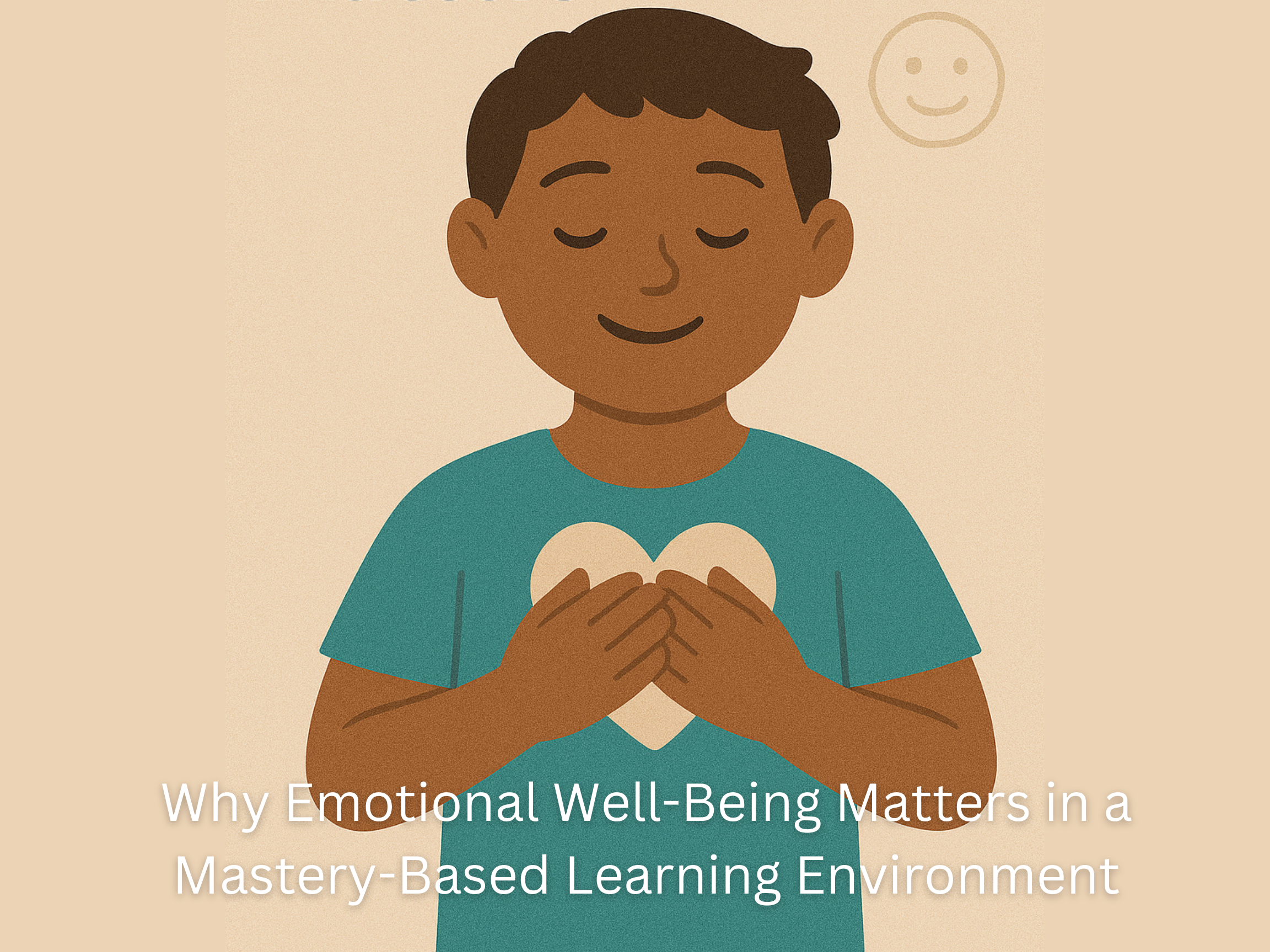
Why Emotional Well-Being Matters in a Mastery-Based Learning Environment

Closing Learning Gaps Early: How AI Gives Families a Stronger Start.
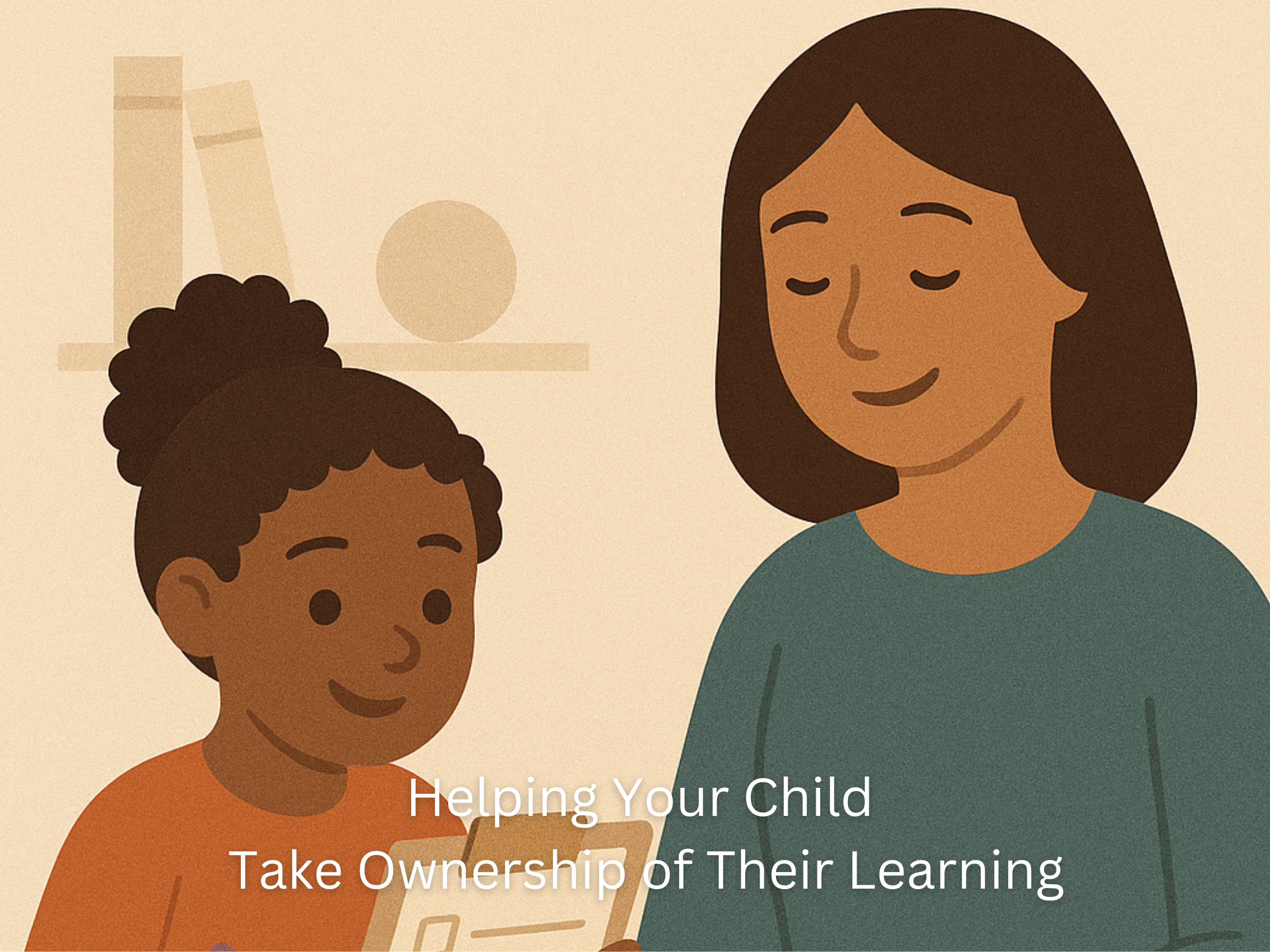
Helping Your Child Take Ownership of Their Learning.

Supporting Different Learning Styles in an AI-Enhanced World.

Building Confidence Through Mastery: Why Small Wins Matter.

How AI Helps Parents Understand Their Child’s Learning in Real Time.

Why Your Child’s Pace Matters More Than Their Speed.
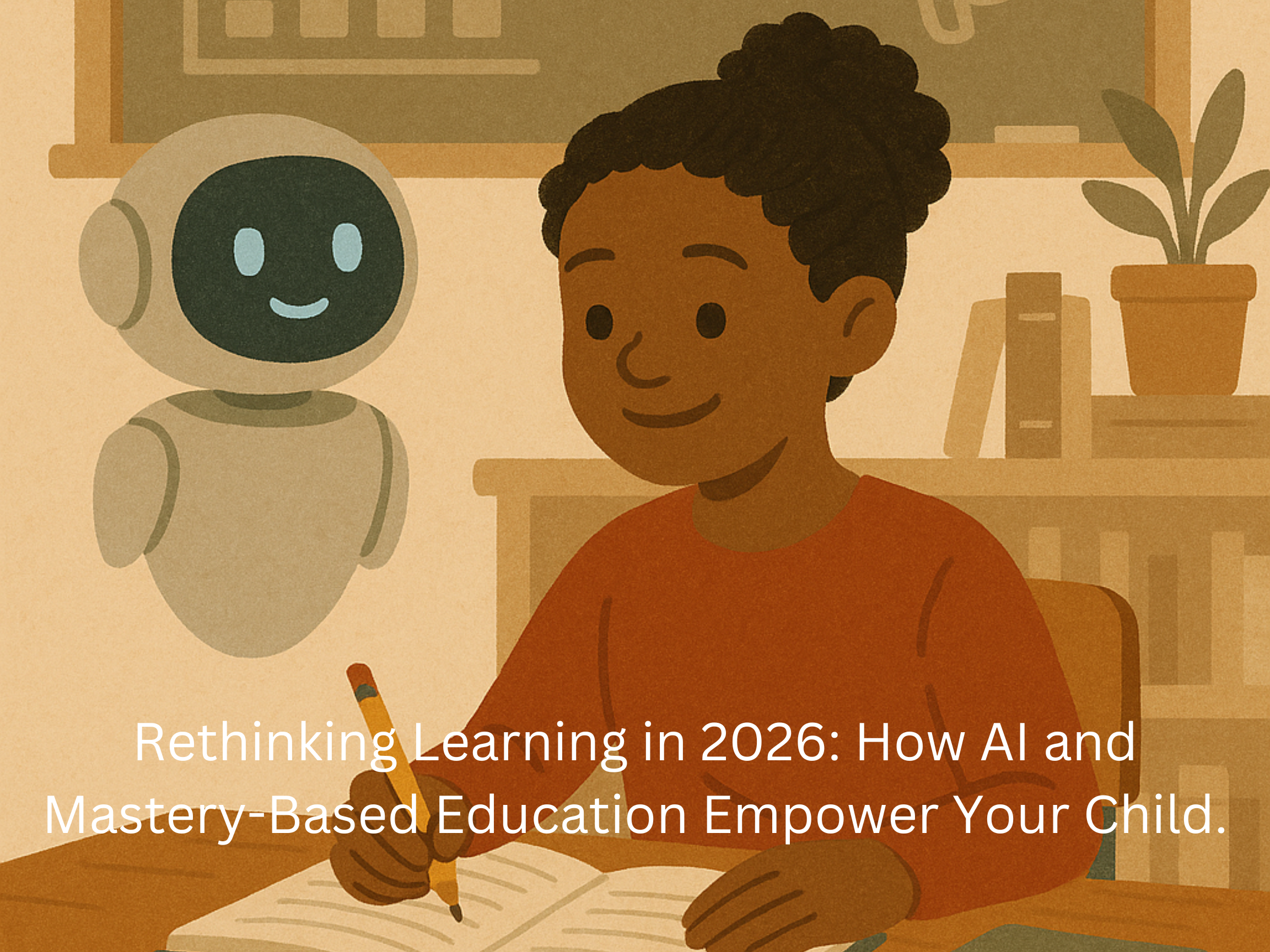
Rethinking Learning in 2026: How AI and Mastery-Based Education Empower Your Child.
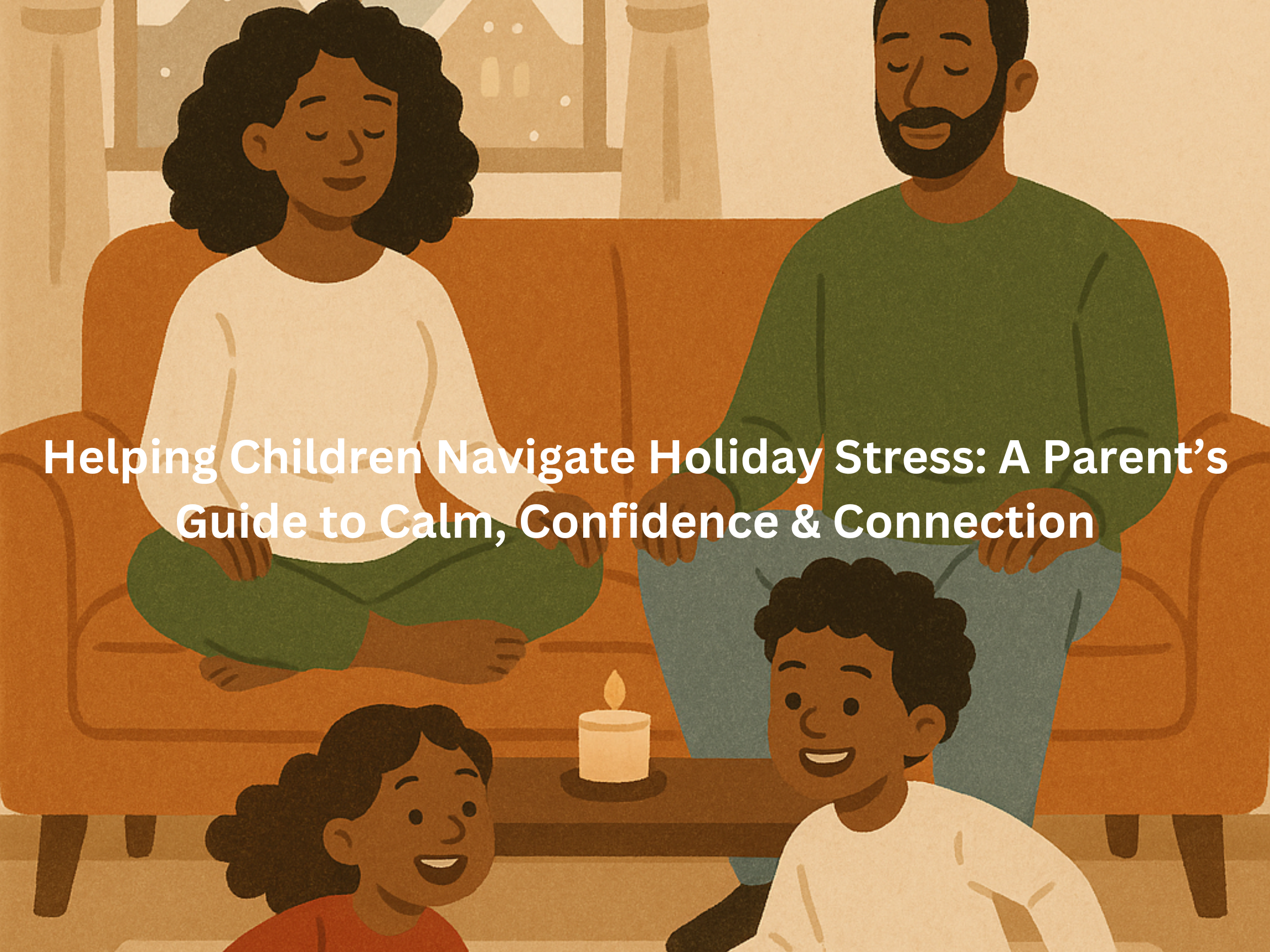
Helping Children Navigate Holiday Stress: A Parent’s Guide to Calm, Confidence & Connection
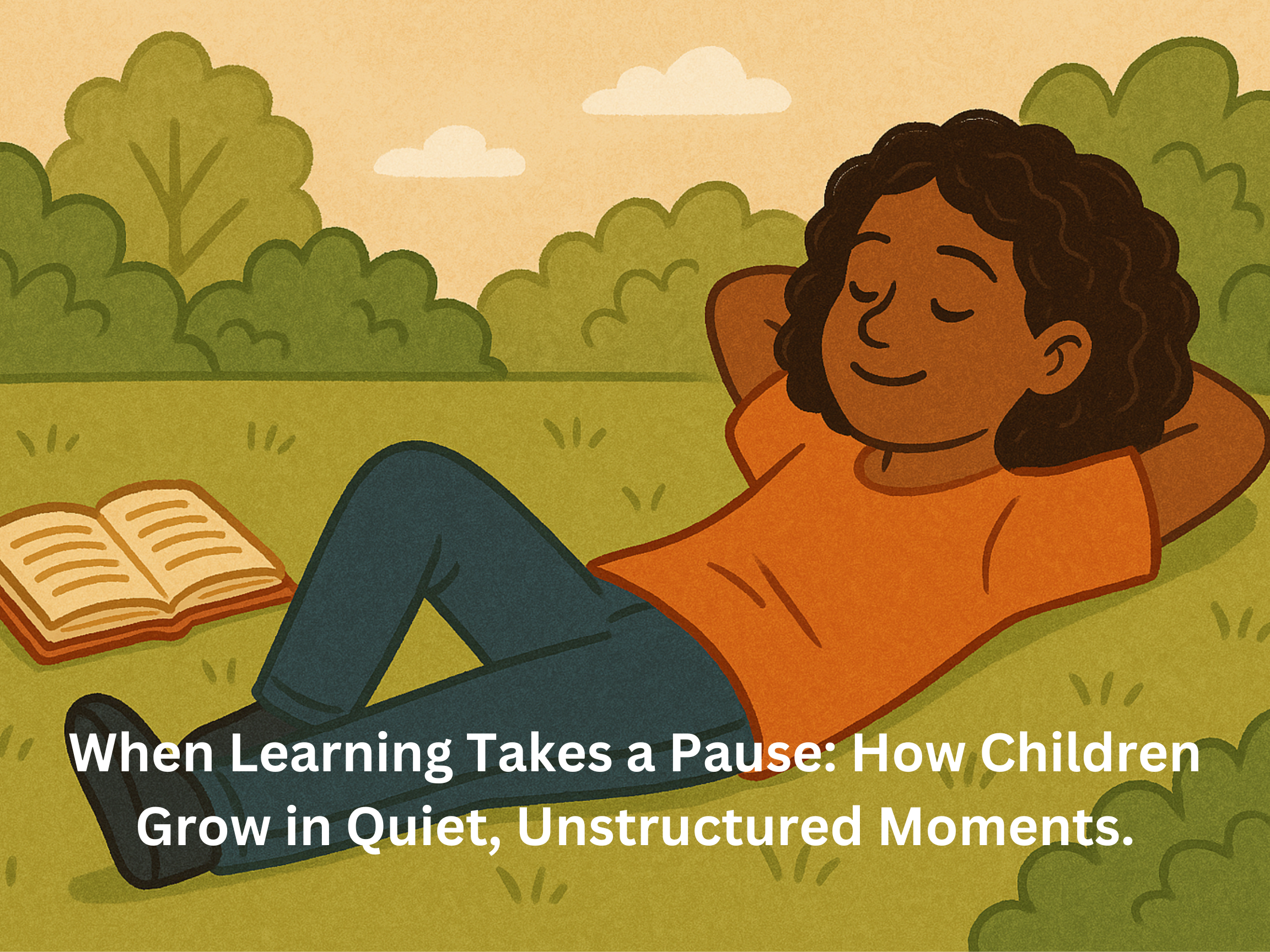
When Learning Takes a Pause: How Children Grow in Quiet, Unstructured Moments.
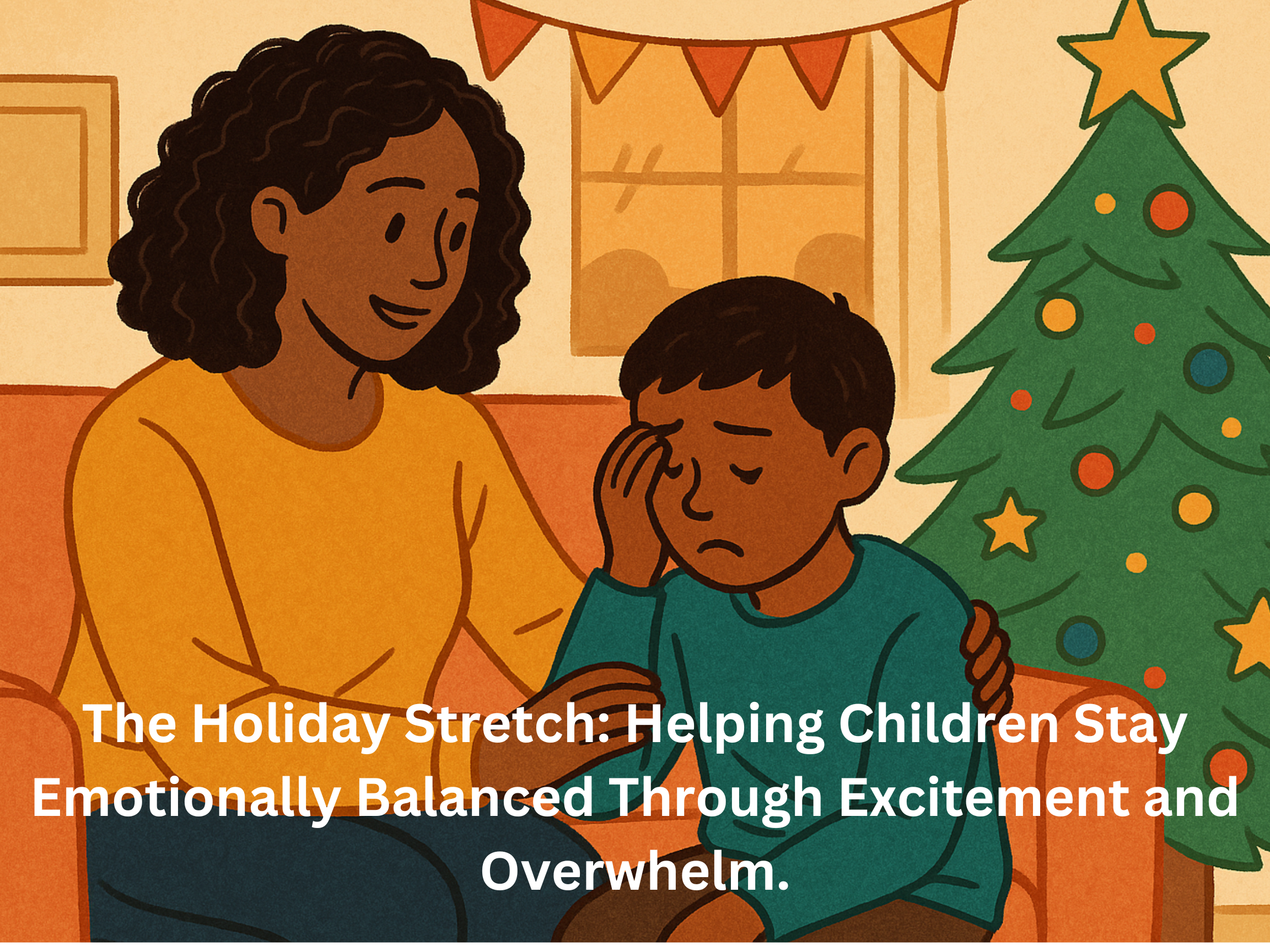
The Holiday Stretch: Helping Children Stay Emotionally Balanced Through Excitement and Overwhelm.
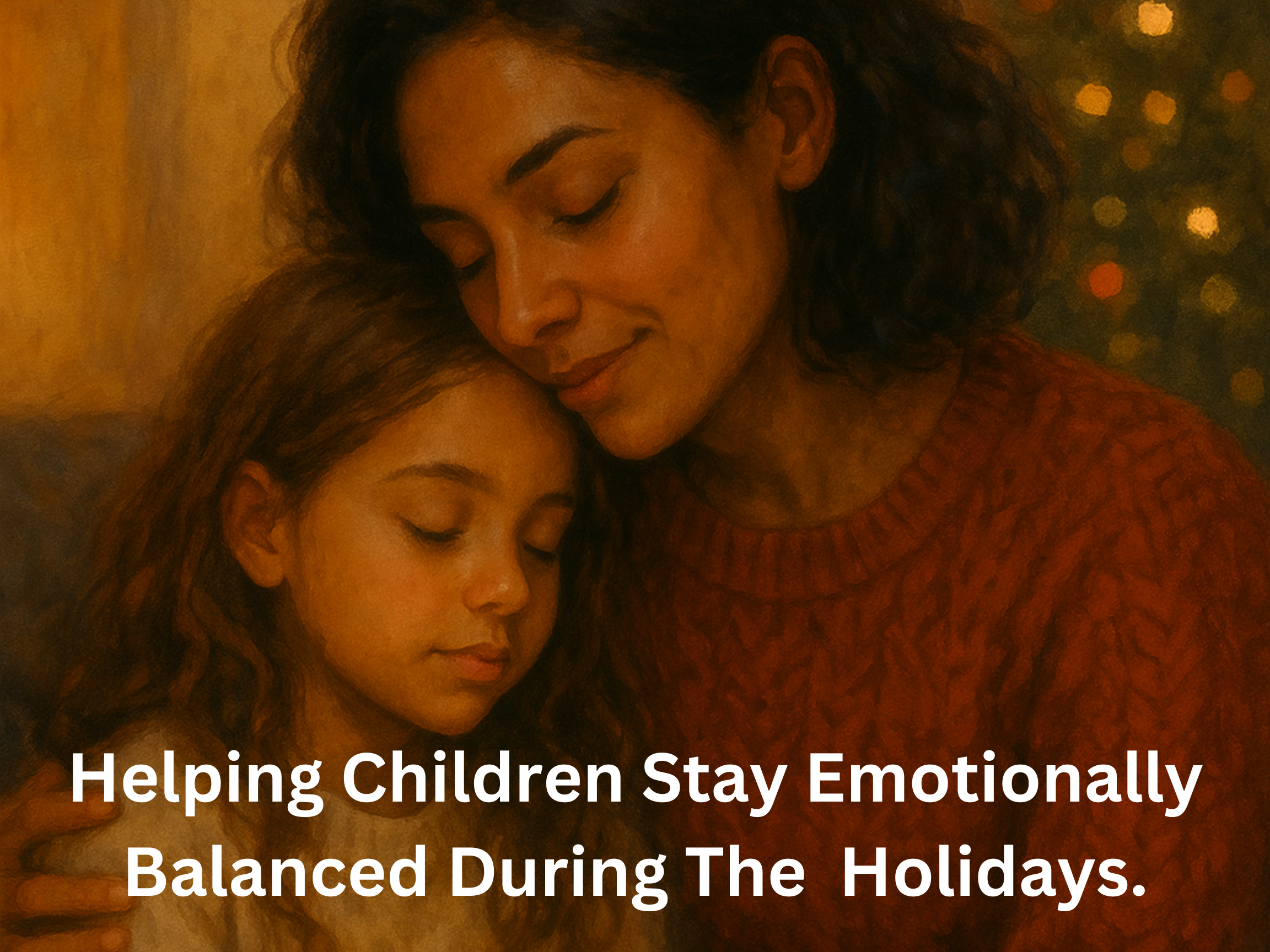
When Routines Break: Helping Children Stay Emotionally Balanced During the Holidays.
Helping your child to regulate during the holiday season does not have to be stressful. Dr. Annie at Mindful Learning Group shares gentle practices that all parents can implement to support their child's emotional stability during these rushed times.
